I’m a Veterinarian and I’d Never Own These 5 Dog Breeds—With 1 Exception

Any dog owner will go on the record to vouch that theirs is the best breed on the planet. But when it comes to a dog’s health chart, some breeds earn more stars than others. Alex Crow is a veterinarian living in the U.K. who has treated a wide variety of dog breeds at his clinic. In a new “controversial” TikTok video, Crow called out five breeds he’d never own based on hereditary disposition and recurring health issues he’s seen on his operating table.
“Many of the reasons I wouldn’t have these breeds is due to their genetics and the way they have been bred. Many traits that we, as humans, consider cute, such as flat faces or wrinkly skin, lead to suffering of these animals. There should be more education around what taking one of these breeds of dog on involves,” he wrote in the caption.
While Crow has “no hate on these dogs,” he would advise against buying these breeds as puppies. However, he does have one exception to this rule. “This is different to if I were ADOPTING one of these dogs. I would happily adopt one of these breeds of dog if I knew I could give it a better life and make adjustments for their genetic limitations,” he continued.
That said, here are five dog breeds Crow would never buy as a puppy or from a breeder.
RELATED: I’m a Veterinarian and These Are the Top 5 Neediest Dog Breeds.
1
Shar-Pei
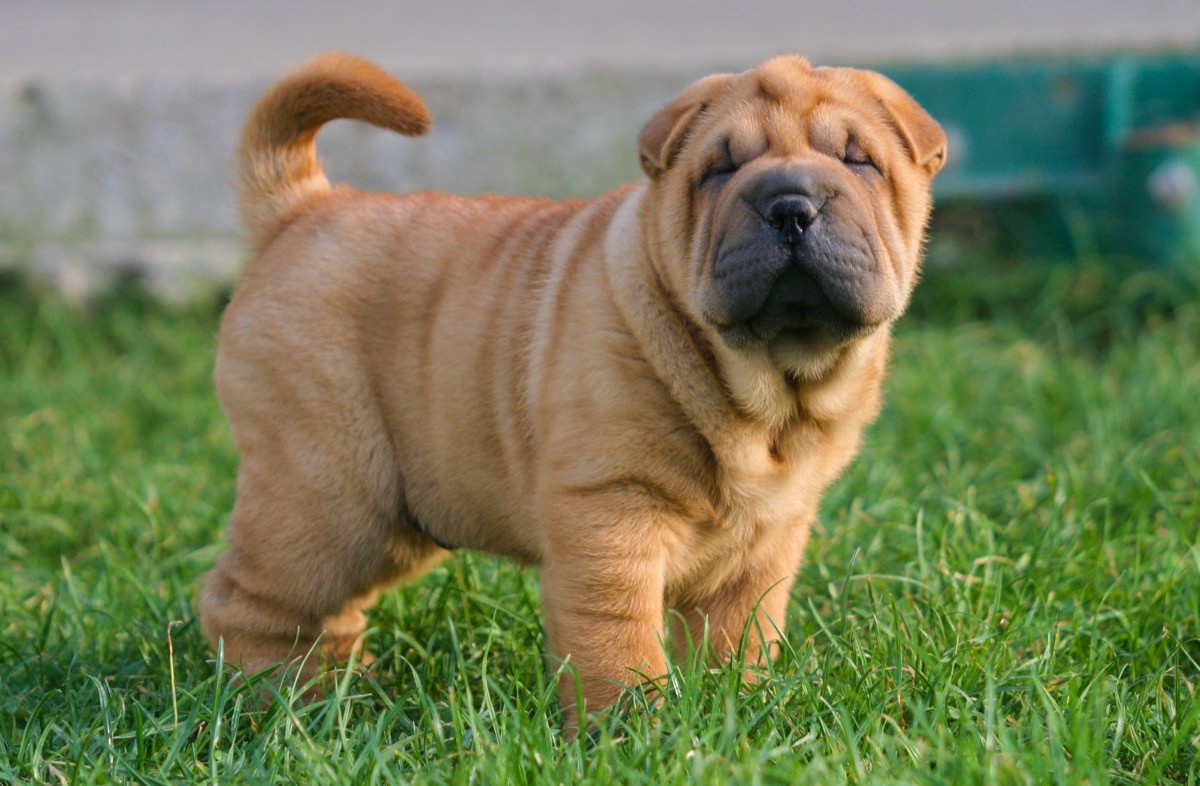
“While many people find their wrinkles adorable, they can lead to serious skin infections as bacteria gets stuck between the folds and mesters,” explained Crow. Shar-Peis are also prone to ear infections, and due to their facial structure, they often require reconstruction surgery that’s “similar to a facelift,” he warned.
Additionally, Shar-Peis may have a hereditary condition called Shar-Pei Fever. “Affected dogs experience recurrent episodes of fever and inflammation, with no identifiable underlying cause. This causes the dog to feel ill and uncomfortable,” according to VCA Animal Hospitals.
About one in four Shar-Pei dogs will develop this syndrome. And while Shar-Pei Fever is treatable, it can lead to other serious health issues like kidney failure.
2
Flat-faced dogs like Frenchies, Pugs, and Bulldogs
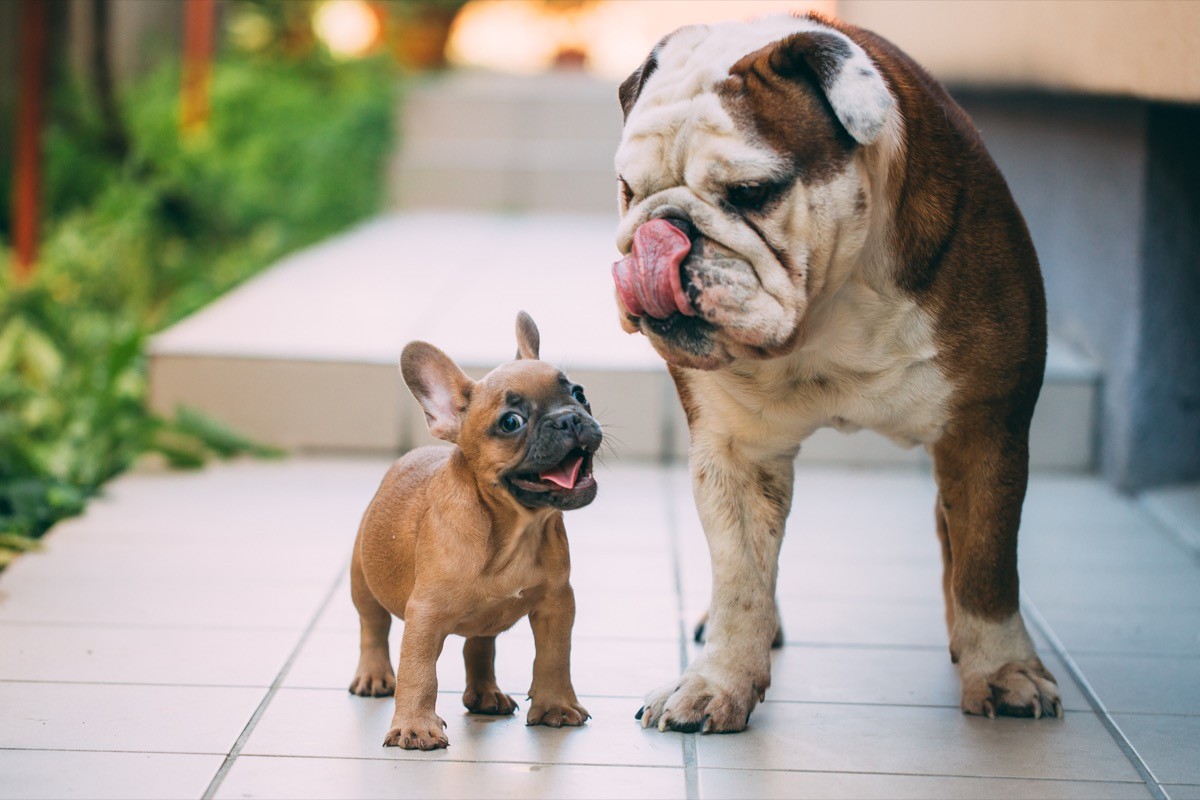
Flat-faced dogs like Frenchies, pugs, and bulldogs are “brachycephalic breeds.” But don’t let their cute, “smushed” faces fool you—these breeds can rack up a serious vet bill.
“They often can’t breathe properly due to their short, compressed airways and that leads to chronic breathing difficulties, overheating, and acid reflux, which often requires a big invasive surgery just to fix,” explained Crow.
Compared to other breeds, flat-faced dogs get allergies and skin/ear infections more frequently, too. It’s also not unusual for Frenchies, Pugs, and Bulldogs to develop optimal problems “due to their bulging eyes,” added Crow.
3
German Shepherd
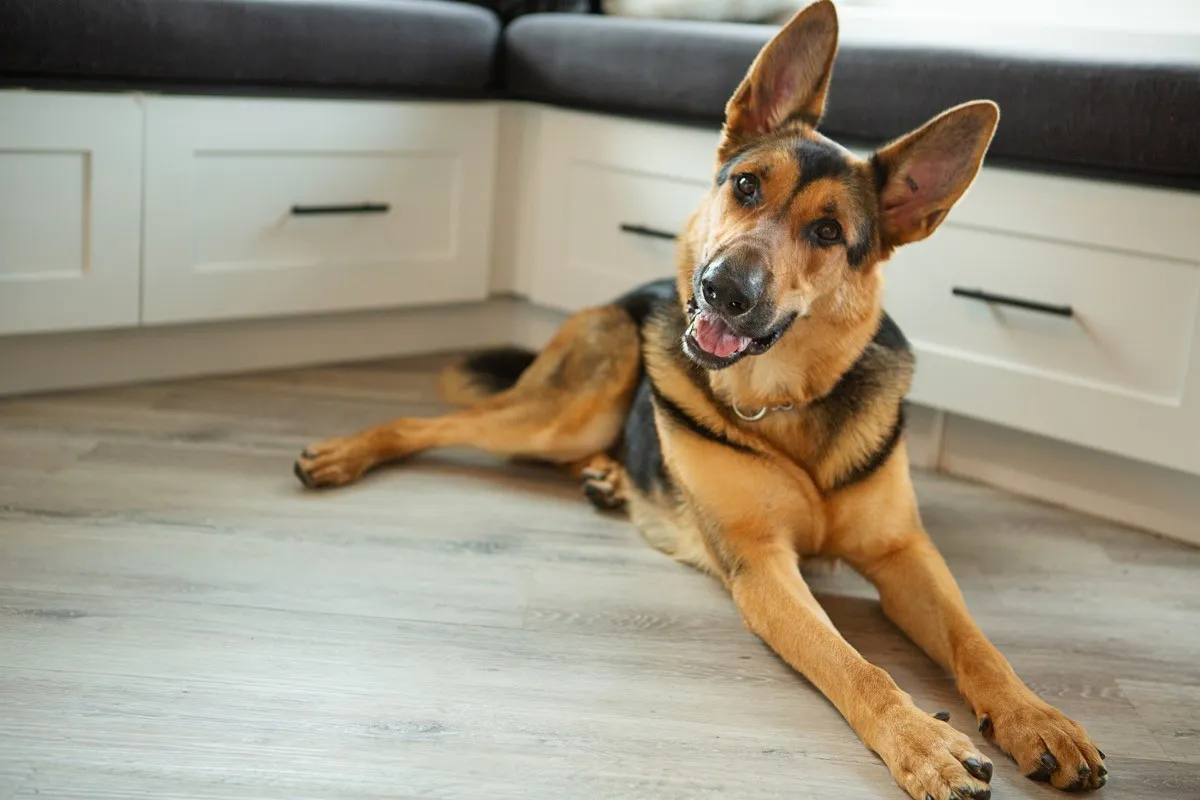
Although German Shepherds are recognized by the American Kennel Club as “gentle family pets,” they can be quite feisty and uncontrollable in the wrong living environment.
“They require a lot of exercise and mental stimulation,” Crow told followers, adding that “without it, they can become anxious and develop behavioral issues.”
The breed is also prone to elbow and hip dysplasia, as well as other joint issues, given their size and build.
“This one is very much a personal opinion,” he continued. “I just tend to find that many owners aren’t able to provide them with the lifestyle they need.”
RELATED: The 10 Most High-Maintenance Dog Breeds, New Study Shows.
4
Great Dane
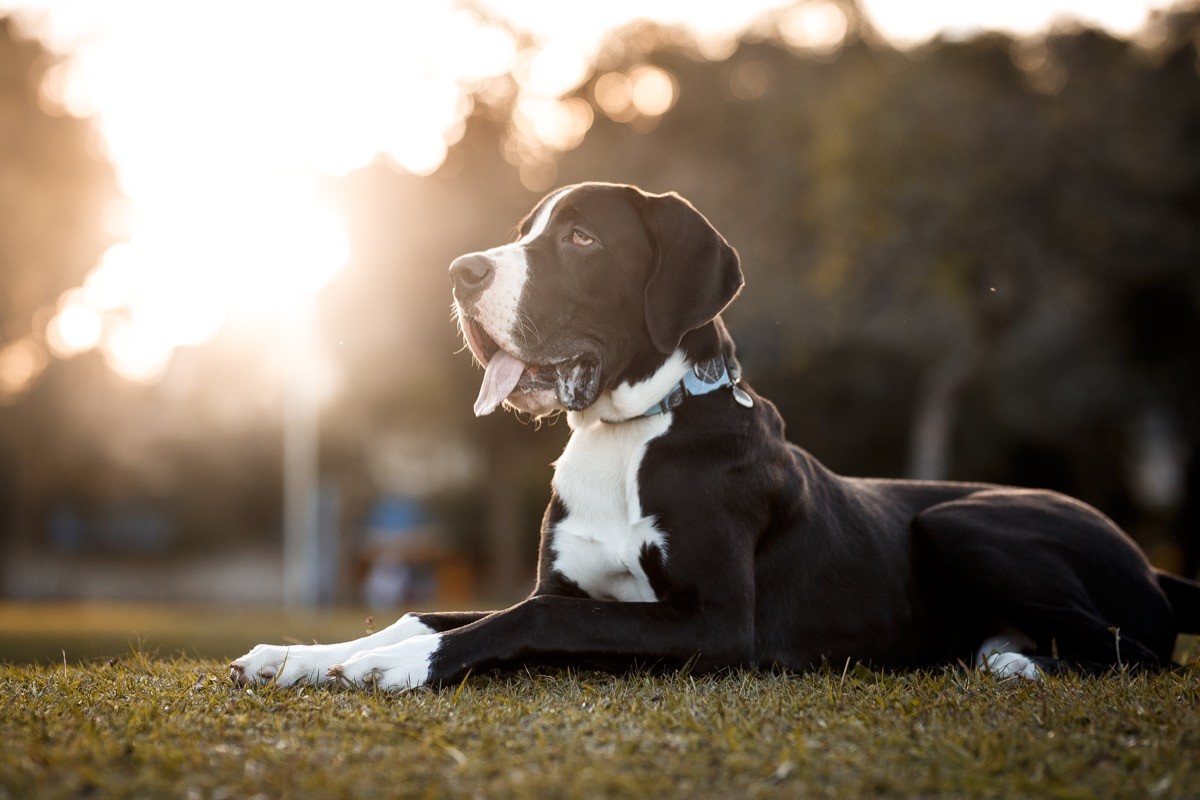
Nicknamed the “gentle giant,” Great Danes are prone to a scary heart condition called dilated cardiomyopathy. This disease results in “progressive heart muscle dysfunction, chamber dilation, and eventual congestive heart failure or death,” per Upstate Veterinary Specialties.
Plus, large dog breeds, in general, often have shorter lifespans due to their size. For that reason, Crow acknowledged, “I would just find it incredibly tough to say goodbye after a short time.”
5
Dachshund
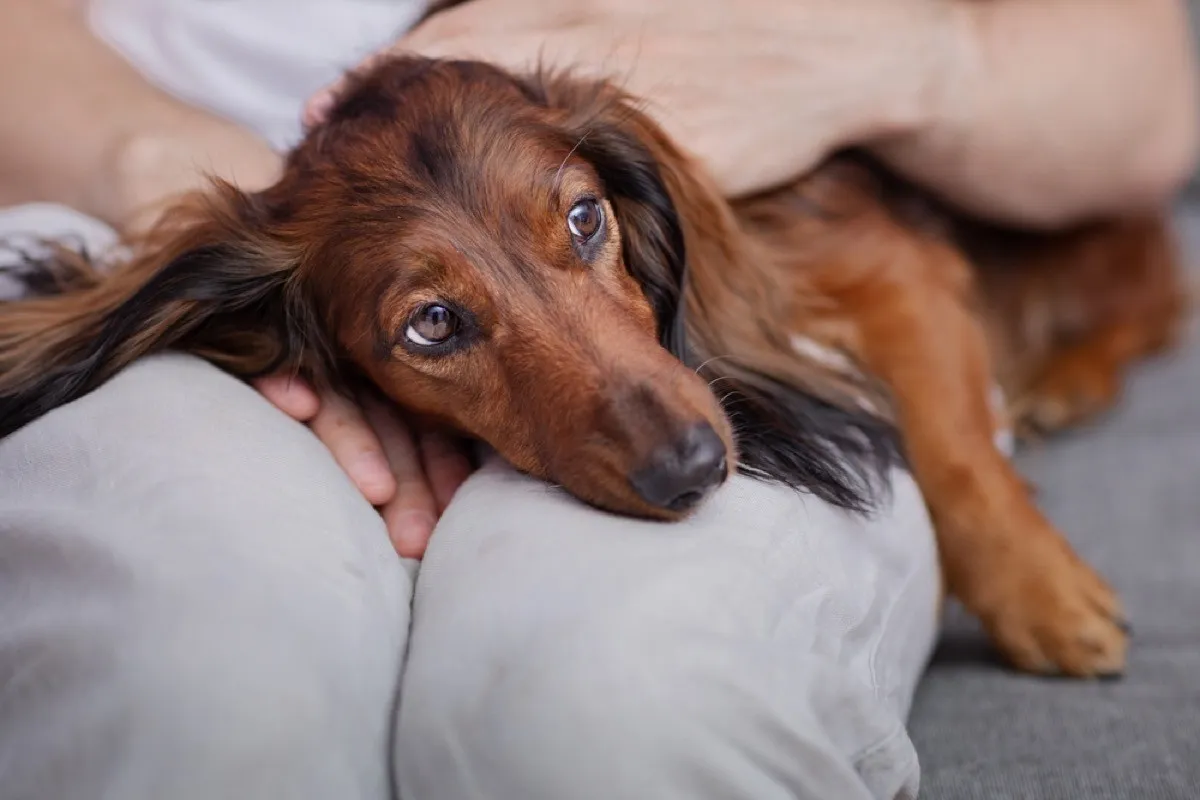
Dachshunds are also predisposed to a lot of health issues due to their petite frame. “I know it’s a popular [breed], but their long backs and short legs make them prone to severe back problems, including slipped discs,” said Crow.
Leg and joint issues are another thing you should be wary of, as is a hereditary condition called progressive retinal atrophy, which affects the eyes and sometimes causes blindness.